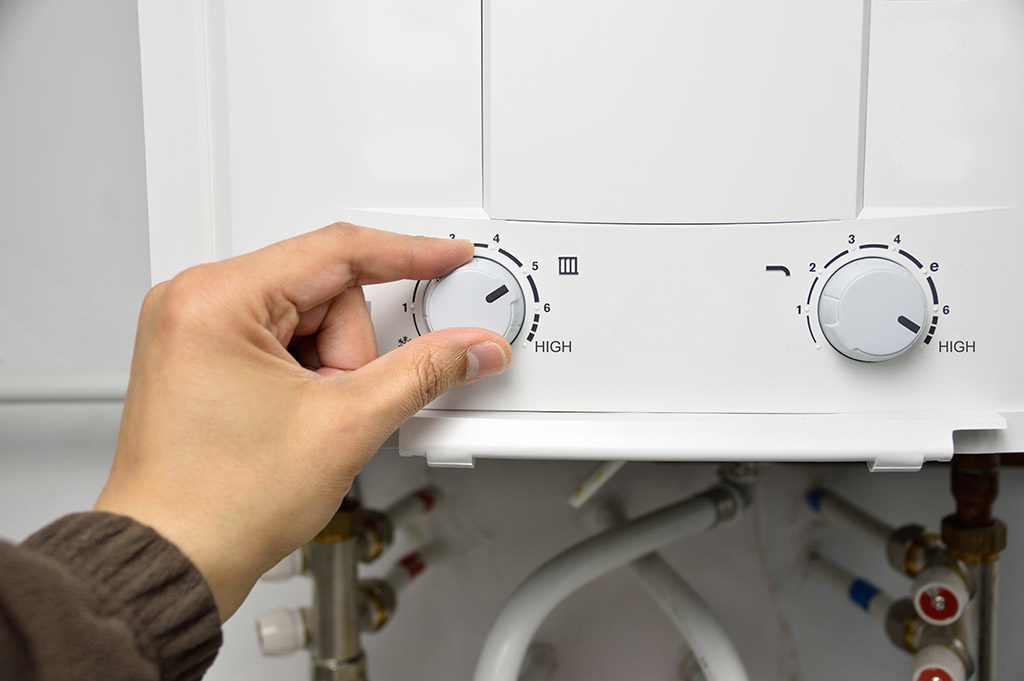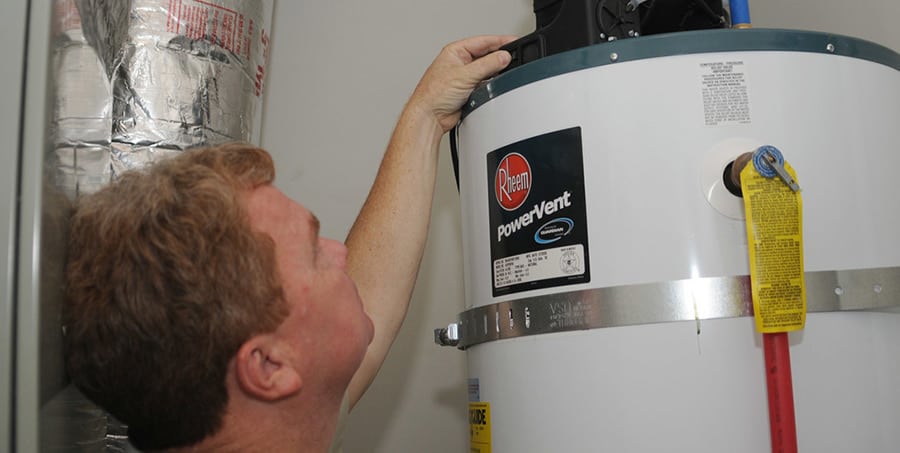Ways to Address the Common Water Heater Emergency Challenges
Ways to Address the Common Water Heater Emergency Challenges
Blog Article
Right here below you can locate a good deal of brilliant additional info around The Importance of Water Heater Maintenance.

A hot water heater is one of the most crucial fundamental devices that can be found in a home. With hot water heater, you do not need to undergo the stress and anxiety of home heating water by hand every time there is a demand to wash, do the laundry, or the recipes. However, there is constantly a possibility that your hot water heater would act up similar to most mechanical devices.
It is very important to keep in mind any type of little breakdown and tackle it rapidly before things get out of hand. A lot of times, your hot water heater begins to malfunction when there is an accumulation of debris as a result of continuous use. As a safety measure, routine flushing of your hot water heater is advised to stop debris build-up and prevent functional failing.
Usual hot water heater emergencies and how to manage them
Leaking hot water heater storage tank.
A leaking storage tank could be an indication of rust. It might trigger damages to the flooring, wall surface and also electric tools around it. You might also be at danger of having your apartment or condo swamped. In this scenario, you must shut off your water heater, allow it to cool off, as well as very carefully try to find the resource of the trouble. Sometimes, all you require to do is to tighten up a few screws or pipe connections in cases of small leakages. If this does not work and also the leakage lingers, you could require to utilize the solutions of a technician for an ideal replacement.
Varying water temperature level.
Your hot water heater could start producing water of different temperature levels normally ice scalding or cool warm. In this circumstance, the first thing you do is to guarantee that the temperature level is set to the wanted level. If after doing this, the water temperature keeps changing throughout showers or other activities, you may have a defective thermostat. There might be a requirement to replace either the thermostat or the home heating unit of your water heater.
Insufficient hot water
It may be that the water heating system can not support the warm water demand for your house. You can upgrade your water heating unit to one with a bigger capacity.
Blemished or smelly water
When this takes place, you need to recognize if the issue is from the water or the container source. If there is no amusing smell when you run cold water, after that you are certain that it is your water heating unit that is faulty. The odiferous water can be caused by corrosion or the accumulation of microorganisms or sediments in the water heater container.
Conclusion
Some house owners ignore little caution and also minor faults in their water heater system. This just brings about more damages and a possible complete break down of your home appliance. You must handle your water heater mistakes as soon as they come near prevent more costs and also unnecessary emergency problems.
With water heaters, you don't require to go with the anxiety of home heating water manually every time there is a demand to take a bathroom, do the laundry, or the dishes. Your water heater can begin generating water of various temperatures normally ice chilly or scalding hot. It may be that the water heater can't sustain the hot water demand for your house. If there is no amusing odor when you run cool water, after that you are specific that it is your water heating system that is faulty. The stinky water can be triggered by corrosion or the accumulation of microorganisms or debris in the water heating unit tank.
Common Water Heater Issues and What You Should Do
What Type of Water Heater Do You Have?
Before we begin it’s first important that you identify the type of water heater you have on your property. There are two main types of water heaters out there: conventional and high efficiency.
Both of these types of products typically use either gas or electricity to heat power. There are also solar water heaters that use a thermal collector on the roof or yard to heat the water.
While these models are not as common, they can cut heating costs in half. In this article, we will focus on conventional and high efficiency.
How Do My Electric and Gas Water Heater Work?
Though they look similar, electric and gas water heaters work very differently. It’s important to know their basic function because often problems can be specific to the heating source.
In the electric model, a thermostat on the side of the machine detects the temperature of the water in the tank. When the temperature needs to rise electricity flows to a heating element suspended in the water.
Gas models also use a thermostat device — typically with a mercury sensor at the tip and an additional sensor called a thermocouple. The thermocouple detects whether the pilot light is on and controls the flow of gas.
When the thermostat drops below the appropriate level gas is released which becomes ignited by the pilot light. The flame heats the bottom of the water tank which causes hot water to rise and cold water to drop.
This natural circulation continues until the water reaches the desired temperature. Then, the thermostat triggers the gas control valve to shut off the flow of gas.
What Are the Most Common Issues and How Do You Fix Them?
https://happyhiller.com/blog/common-water-heater-issues-and-what-you-should-do/

I was shown that article about Is Your Water Heater Leaking? from a friend on our other site. Sharing is good. Helping people is fun. I am grateful for your time. Kindly visit our site back soon.
For true quality, dial! Report this page